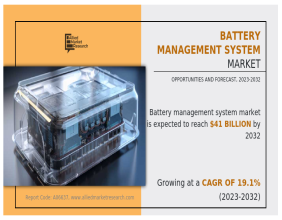Highlights:
- Increased Provisions: JPMorgan set aside $3.1 billion to cover credit losses, more than doubling last year’s provision as a precaution against rising loan defaults.
- Revenue Growth Despite Net Income Dip: Revenue rose by 6% to $43.3 billion, but net income fell 2% due to increased loan loss provisions.
- Geopolitical Concerns: CEO Jamie Dimon warned of worsening geopolitical tensions and their potential impact on the global economy and historical outcomes.
JPMorgan Chase & Co (NYSE:JPM) reported a slight decline in net income for the third quarter of 2024, driven by a significant increase in provisions for bad loans and heightened economic uncertainty. The bank’s CEO, Jamie Dimon, also emphasized the rising geopolitical tensions that could have far-reaching effects on the global economy and historical trajectory.
In its quarterly earnings report, JPMorgan disclosed that it set aside $3.1 billion to cover potential credit losses, more than doubling the $1.4 billion provision from a year ago. This reserve includes $2.1 billion for bad loans incurred during the third quarter and an additional $1.0 billion in preparation for future loan losses. The increase in provisions reflects a cautious approach by the bank in response to ongoing economic challenges and potential headwinds.
Financial Performance and Revenue Growth
Despite the higher loan loss provisions, JPMorgan managed to report robust revenue growth, with a 6% year-on-year rise to $43.3 billion in the third quarter. Net income, however, dipped by 2% to $12.9 billion, down from $13.2 billion a year ago. Earnings per share (EPS) climbed to $4.37, slightly higher than the $4.33 reported in the same period last year and surpassing analysts’ forecasts.
One of the standout performances in the quarter came from the bank's asset management division, which saw record-breaking net inflows of $72 billion. This surge in inflows contributed to a 15% increase in asset management fees, further boosting the bank’s revenue base.
CEO Jamie Dimon's Outlook
In his remarks, CEO Jamie Dimon expressed concern over mounting geopolitical tensions, highlighting the significant human suffering and economic risks associated with current global conflicts. He pointed out that these tensions could have profound implications for both short-term economic conditions and the broader course of history.
Dimon also acknowledged that while inflation appears to be slowing and the U.S. economy remains resilient, there are still critical challenges on the horizon. He cited large fiscal deficits, infrastructure needs, trade restructuring, and global remilitarization as key issues that require attention. These factors, combined with geopolitical uncertainty, underscore the importance of preparing for a wide range of economic environments.
As JPMorgan braces for continued challenges, the bank's focus on maintaining a cautious approach to credit risk, combined with strong revenue streams, positions it to weather the economic uncertainties ahead.





